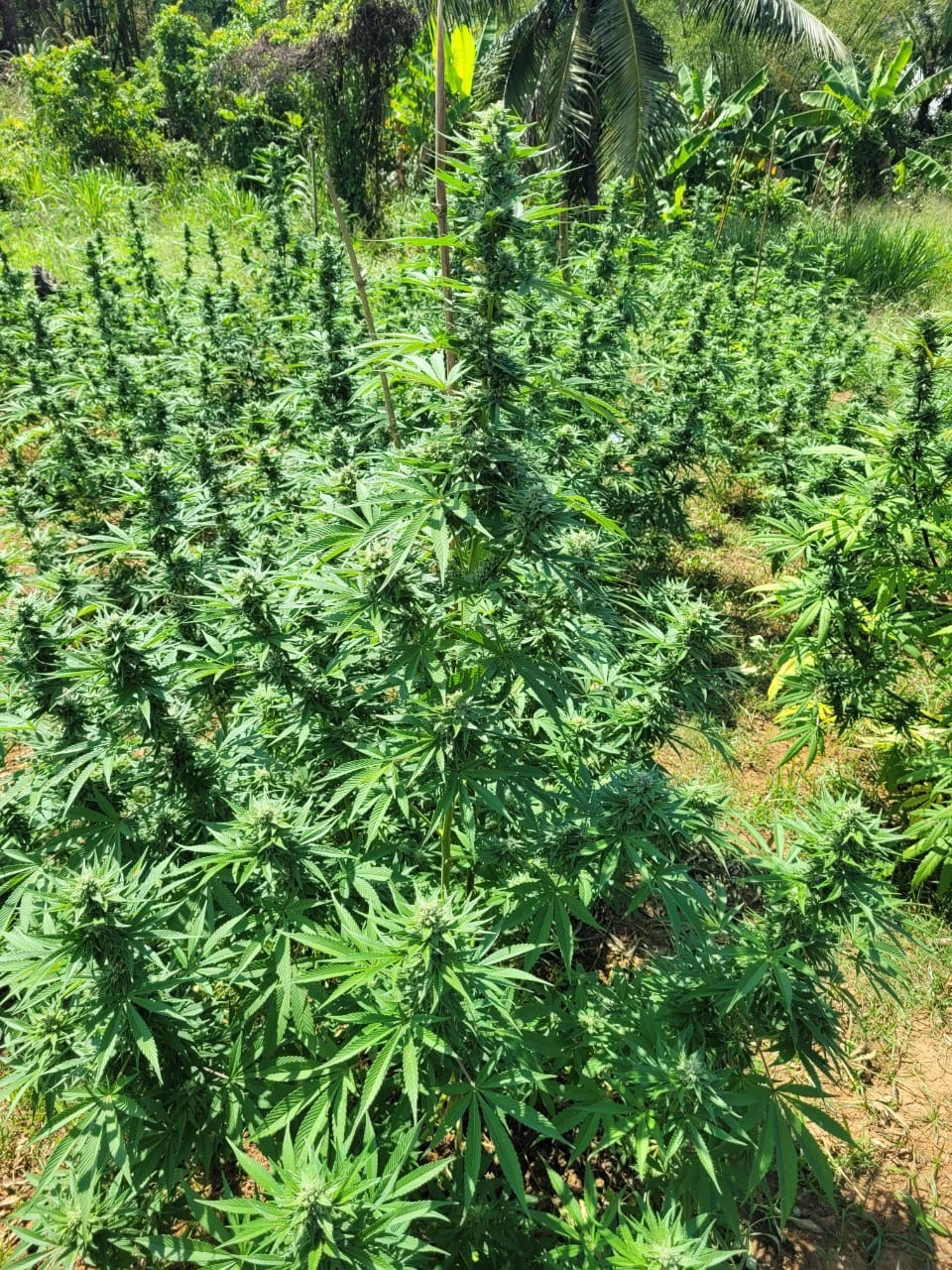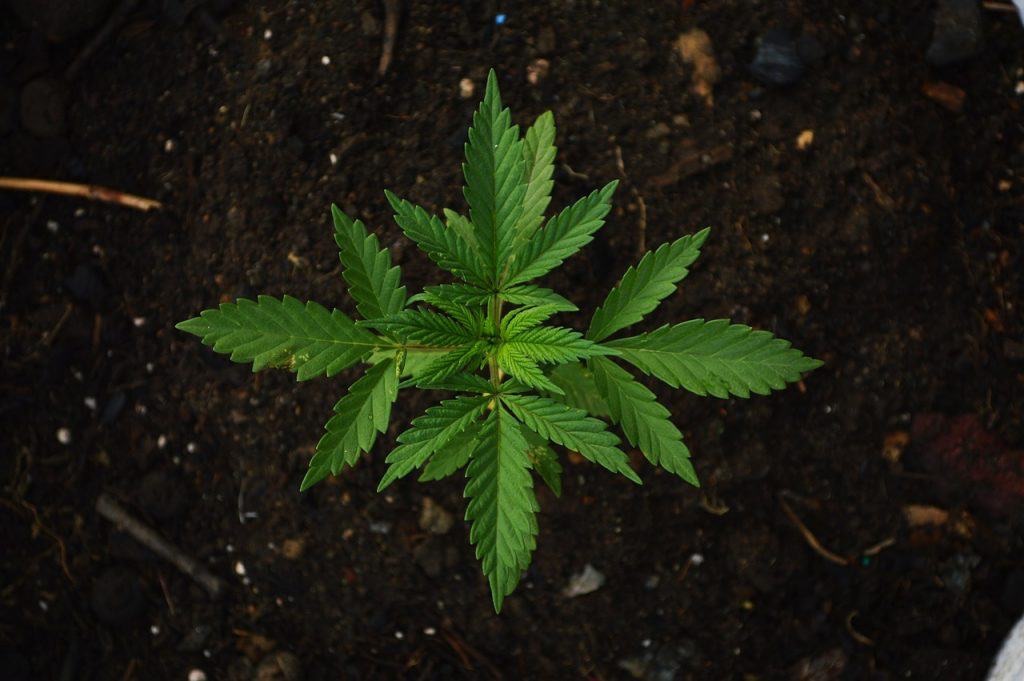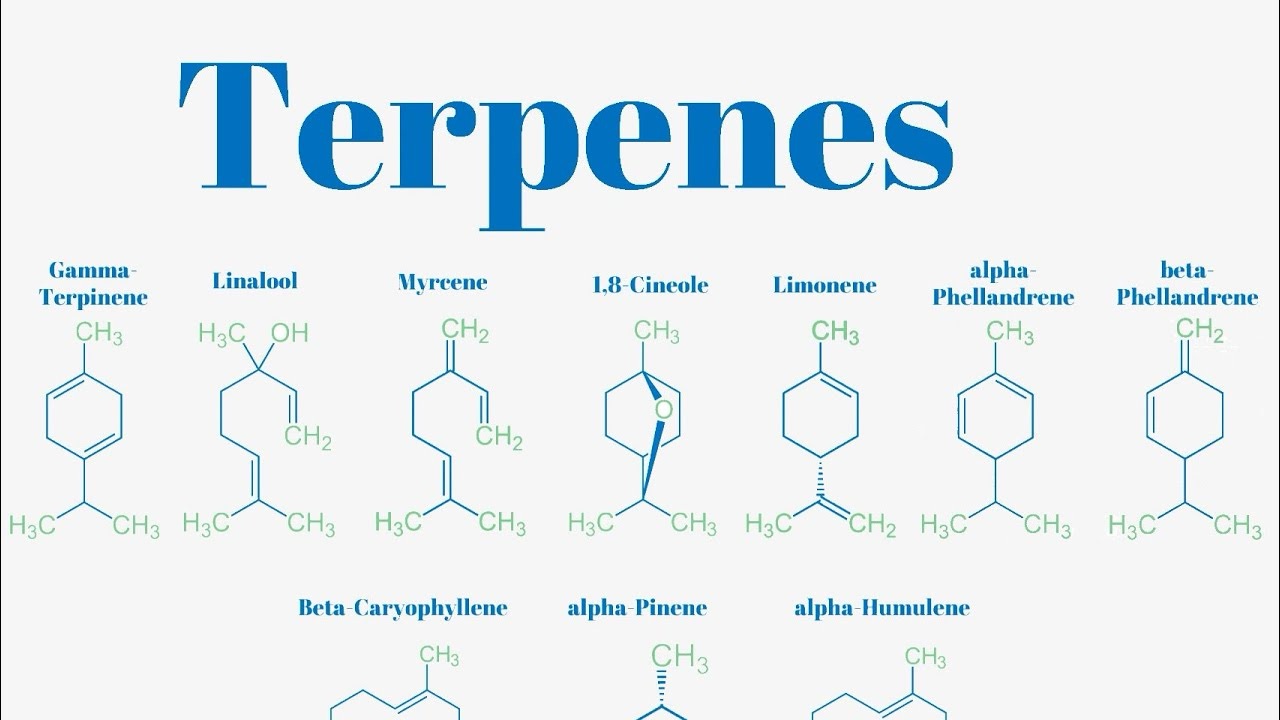Cannabis, or “ganja” as it is widely known in Jamaica, has a complex history. Despite its cultural significance and medicinal uses, the plant is entangled in societal stigmas and inequalities. For decades, cannabis has been viewed through a double standard in Jamaica, where the perception of its use is often tied to one’s social and economic status. This divide has created a situation where cannabis is seen as “classy if you’re rich” but “trash if you’re poor.”
Let’s dive deeper into the roots of this inequality and the shifting attitudes toward cannabis on the island.
1. A Cultural Symbol: Cannabis in Rastafarianism
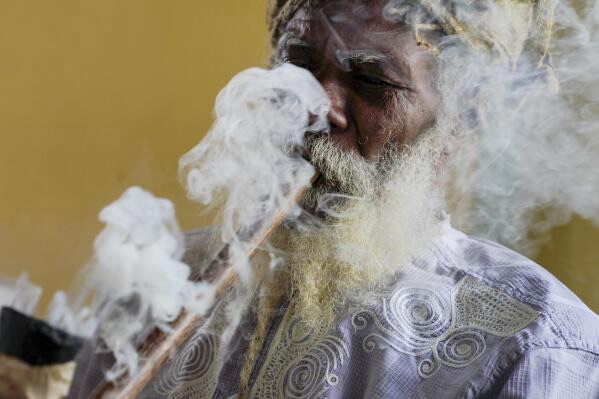
For many Jamaicans, particularly in the Rastafarian community, cannabis holds deep cultural and spiritual importance. It is seen as a sacred plant, used in religious ceremonies to promote meditation, healing, and connection to the divine. Rastafarians have long advocated for the use of ganja as a natural herb given by the Creator, rejecting its criminalization.
However, for much of Jamaica’s history, these views were marginalized, and Rastafarians were often persecuted for their cannabis use. This persecution reflected the broader stigma surrounding the plant, where those from lower-income backgrounds or rural areas were disproportionately targeted by law enforcement.
2. Cannabis for the Wealthy: Class Privilege and the New Market

In contrast, wealthier Jamaicans, as well as foreign investors, have benefited from the legalization and commercialization of cannabis. Since Jamaica decriminalized small amounts of cannabis for personal use in 2015 and created a framework for the medical cannabis industry, there has been a surge of high-end dispensaries, cannabis tourism, and businesses geared toward affluent consumers.
These upscale cannabis ventures often market their products as luxurious, targeting tourists and the upper class. As a result, cannabis consumption, once stigmatized as a habit of the poor or rebellious, has now been reframed as something sophisticated and trendy—if you can afford it. This shift has highlighted the class divide in how cannabis is perceived and used in Jamaica.
3. The Impact on Low-Income Communities

While the legal cannabis market has created opportunities for some, many from low-income communities—who were once criminalized for their association with the plant—are left behind. These communities, which traditionally grew and used cannabis for medicinal and recreational purposes, often do not have the resources or access to benefit from the new cannabis economy.
In rural areas, where ganja has long been cultivated, many farmers struggle to enter the formal market due to strict regulations and high costs. Meanwhile, wealthier individuals and foreign investors are able to secure licenses and profit from the same plant that led to the arrest and persecution of poorer Jamaicans.
4. Addressing Inequality: Moving Toward a Fairer Future
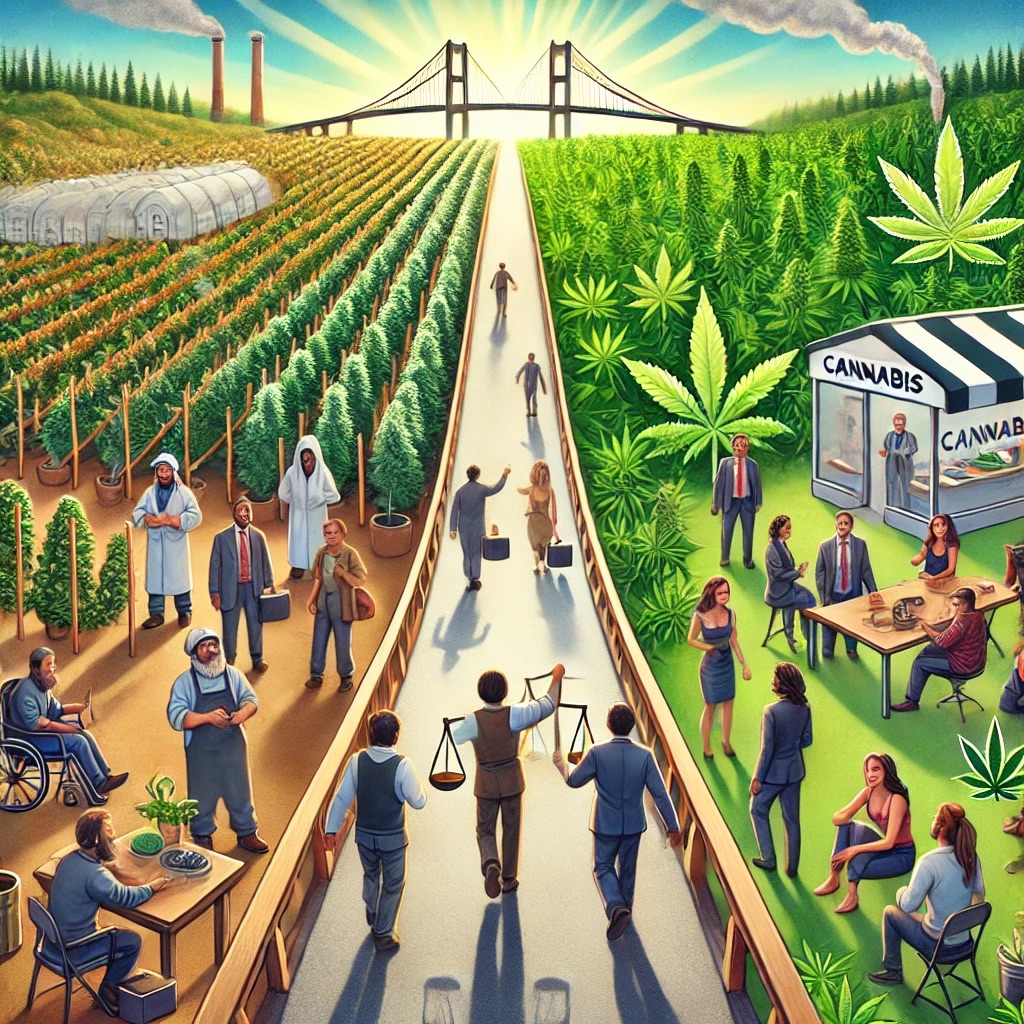
Despite these challenges, there is a growing movement within Jamaica to address the inequalities surrounding cannabis. Advocates are pushing for more inclusive policies that give small farmers and local communities a chance to participate in the legal cannabis market. Programs that support these farmers through financial aid, training, and legal assistancecould help bridge the gap between rich and poor, ensuring that the benefits of the cannabis industry are more evenly distributed.
There is also a call to change the way cannabis users are perceived, challenging the outdated stigmas that still persist. Cannabis use, whether for medicinal, spiritual, or recreational purposes, should not be divided along class lines, but embraced as a part of Jamaica’s cultural heritage.
Conclusion: Breaking Down Barriers
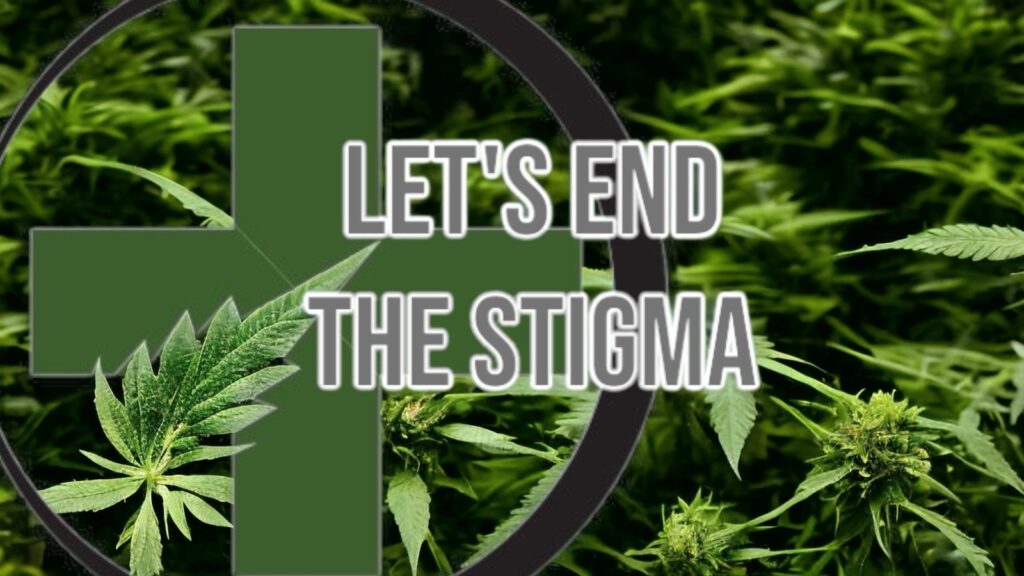
The stigma and inequality surrounding cannabis in Jamaica reflect broader societal issues related to class, race, and opportunity. While legalization has brought new opportunities for some, many from poorer backgrounds are still left facing the same challenges and prejudices.
For Jamaica to truly benefit from its cannabis industry, it must ensure that everyone—from small farmers to those historically affected by prohibition—has a fair chance to participate. Only then can the stigma surrounding cannabis be fully dismantled, allowing it to be celebrated as a source of pride, healing, and opportunity for all Jamaicans.

